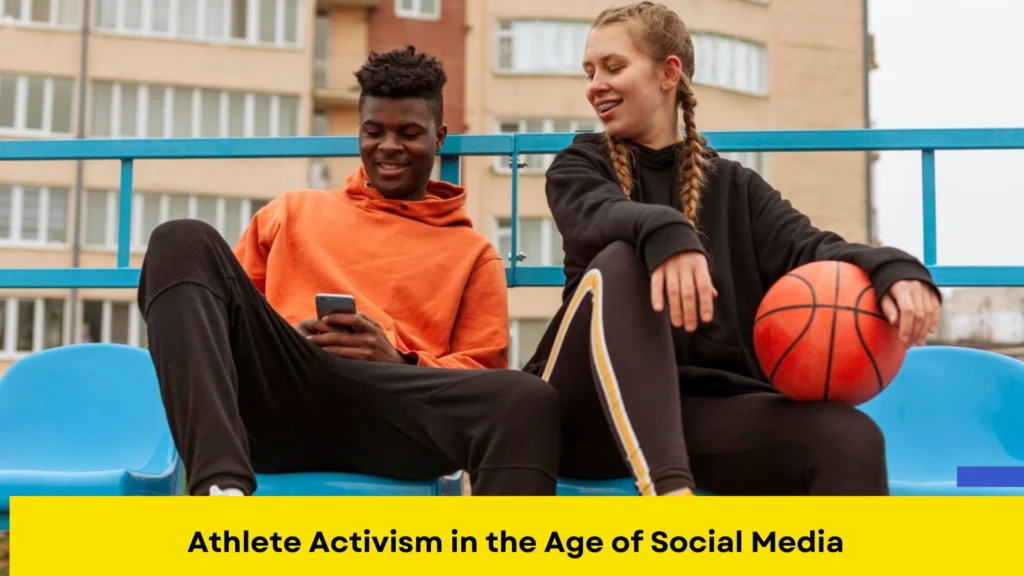People realize that sportsmen utilize their voices to support political, social, and economic concerns. Their advocacy has had an effect on many important social transformations. But athletes who are involved in activism may also be in danger. The sports community encourages freedom of speech so that everyone can completely express themselves. However, because of their prominence and notoriety, authoritarian governments are also increasingly targeting its representatives. Athlete Activism can help end the conflict between sports and human rights. The World Players policy explains why and how sports worldwide should support this.
Social networking has revolutionized the way people play sports. People pay greater attention to what athletes do on the field and what they might think about social, political, and environmental concerns than ever before. The question now is whether athletes have to speak out on these issues in public or if they can stay neutral. Athletes can now share their thoughts on social media. With millions of followers, they can bring important concerns to the attention of the public. The case of Colin Kaepernick is really interesting.
The Risks of Taking a Public Position
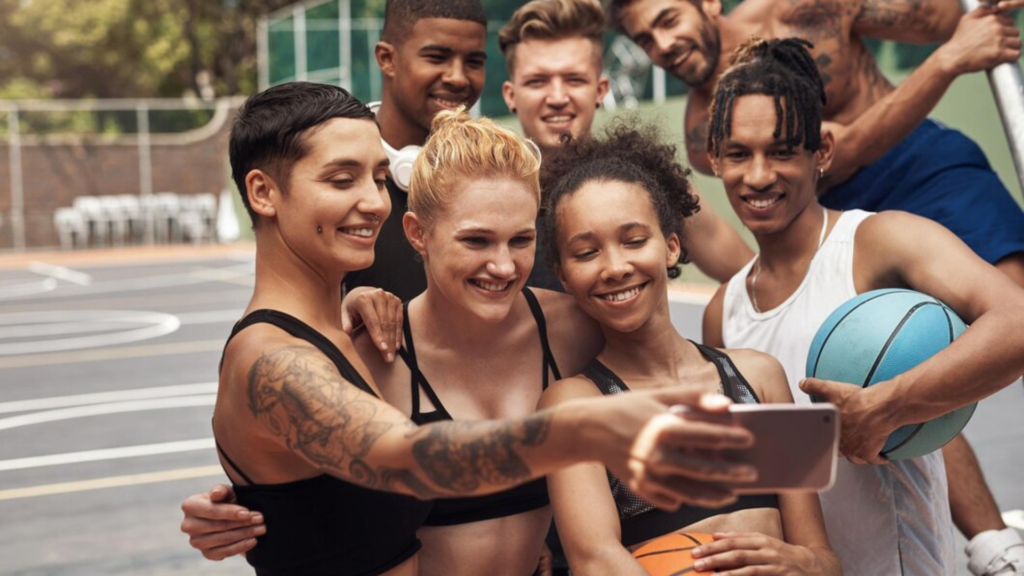
By kneeling during the American national anthem to protest police brutality, he has started a worldwide movement for racial justice all by himself. This lyrical speech, which spread like wildfire on social media, became a cultural phenomenon and showed how sportsmen can add to public conversation. You can see this dedication as a way for them to keep being role models. Athletes may change people’s minds and make things better because they are famous. Athletes’ support for campaigns for social justice, gender equality, or any other cause that fights climate change, for example, usually gets more attention.
But this position comes with some hazards. Athletes that speak out about a controversial issue also face some pretty bad criticism. The whole public, as well as sponsors, clubs, and even sports boards, may also respond. In certain cases, these remarks might even put their jobs at risk. Colin Kaepernick’s case also shows the bad effects of athletes getting involved in politics. After making his symbolic move, the NFL turned him down and he never found another team. A punishment that may have ended his career. This example shows that activism on social media can have both good and bad effects.
The Moral Responsibility of Athletes
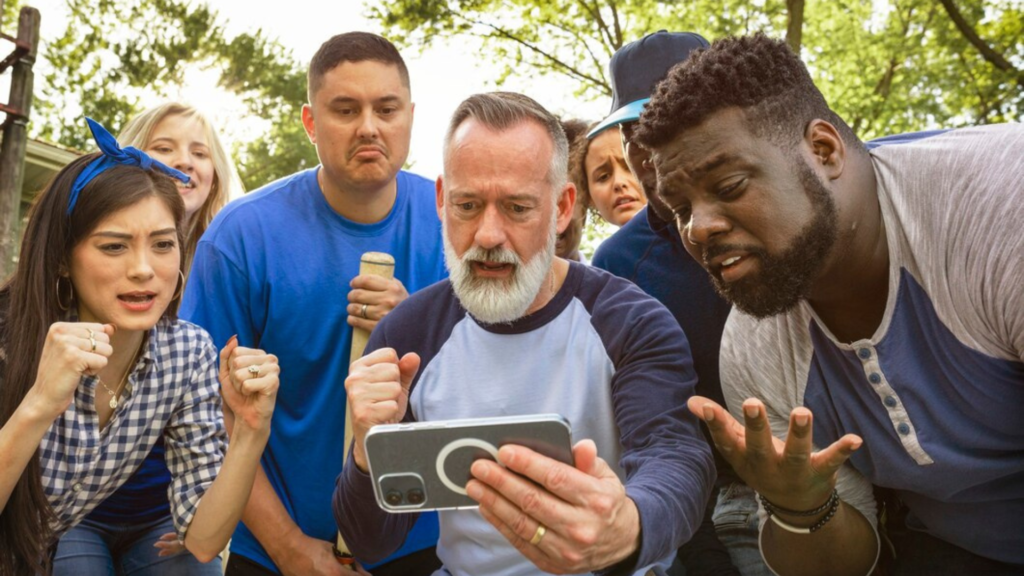
An athlete needs to think hard about the consequences before going out on the field. Many people think that athletes have a moral duty to society since they are people who can make a difference. People usually look up to them as role models. They should try to use their power in this way to help the right causes. This is founded on the premise that an athlete’s popularity shouldn’t just be considered as a result of their success in athletics, but also as a privilege that comes with social responsibilities.
Athletes can be important agents of change by taking a stand on a social problem. They can get their fans to have real conversations and get them to learn more. Also, social media is a great way to build a community around these causes, which makes the action more powerful. But there is another moral duty that makes you think about free choice. Do athletes really have to take sides on social issues? Or should they be able to choose not to? It becomes even more important because athletes are usually looked down on no matter what option they make.
The Right to Neutrality: An Individual Freedom for Athletes
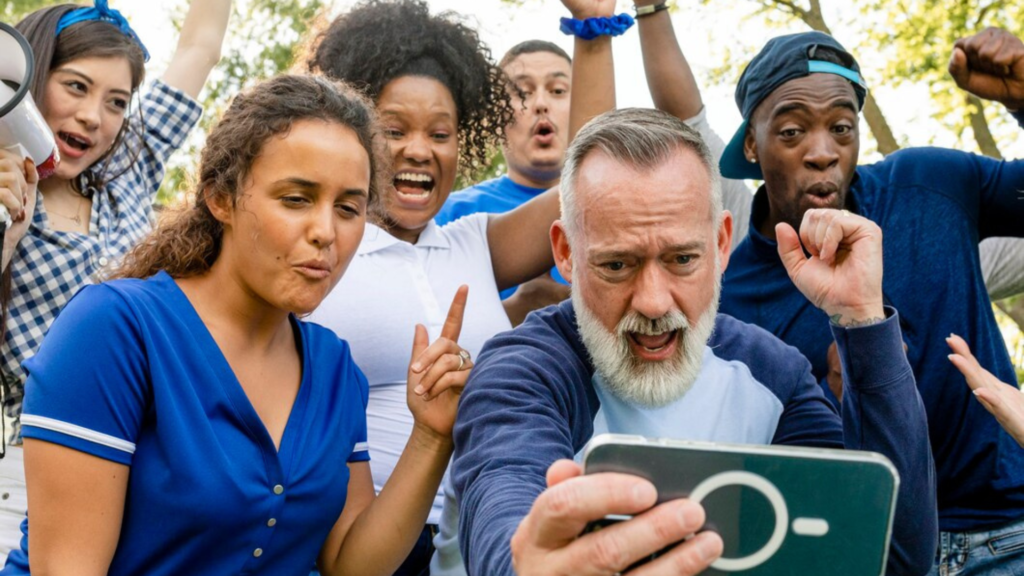
On the other hand, it’s important to remember that athletes have the right to stay impartial. Not every athlete likes to talk about things that aren’t directly relevant to their sport or their own hobbies. Some people want to focus on their sports careers and think they should stay loyal to their sport. There are a number of things that could cause this neutrality. Athletes are afraid that making a statement will hurt both their personal and professional life. On the other hand, they might believe that their duty is mostly to play on the field and not talk to people outside of work.
So, neutrality can be considered as a way for people to express their freedom and one of the rights that can’t be taken away. As a public figure, you don’t necessarily have to worry about every problem that comes up. The conflict between athletes’ right to privacy and their duty to society shows how the function of the modern athlete is double. On the one hand, they are visuals that inspire. They may move big groups of people and influence society. They are people with their own interests, priorities, and points of view.
Conclusion
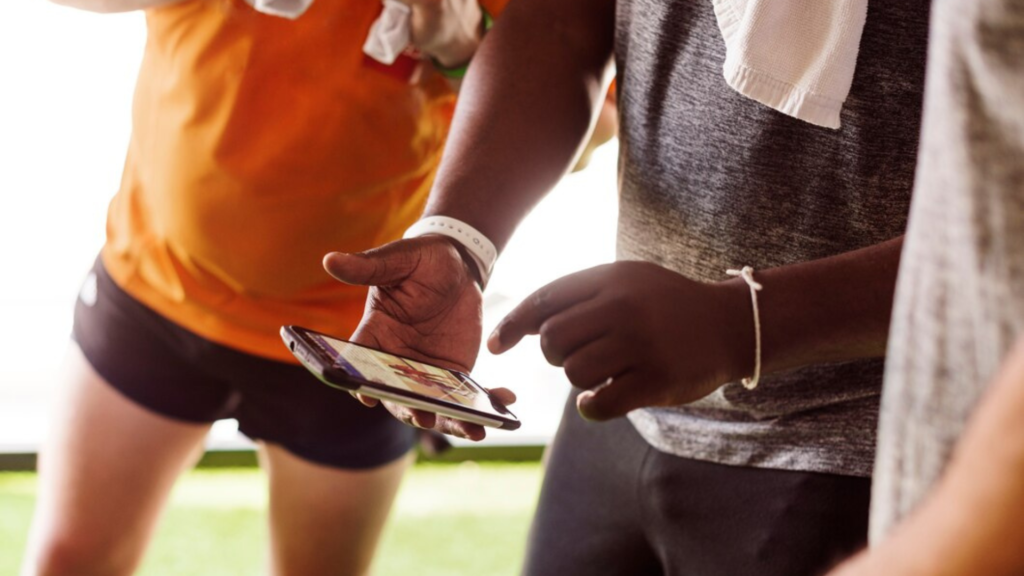
This dilemma puts athletes in a tough spot since they have to reconcile what they want and believe with what society expects of them and the risks that come with their jobs. With social media, where thousands and millions of people may see, hear, and analyze every word and action in real time, the question gets even harder. Finally, whether or not athletes should talk about social concerns on social media is a personal choice. Every athlete needs to think about the pros and cons of taking a stand on a number of issues that affect their career, their personal values, the demands of their fans, and the society they serve.
There’s little doubt that athletes have a special place in today’s media. Their words can have a big impact on society, and their influence goes far beyond the field of play. People will question, dispute, and even judge their choice to take part or not. It’s not simply up to you whether or not to take a stand in a world that is becoming more connected. It can influence other people’s lives, shape public opinion, and even start social movements. Because of this, athletes should choose to do this on purpose, knowing what will happen if they do.
